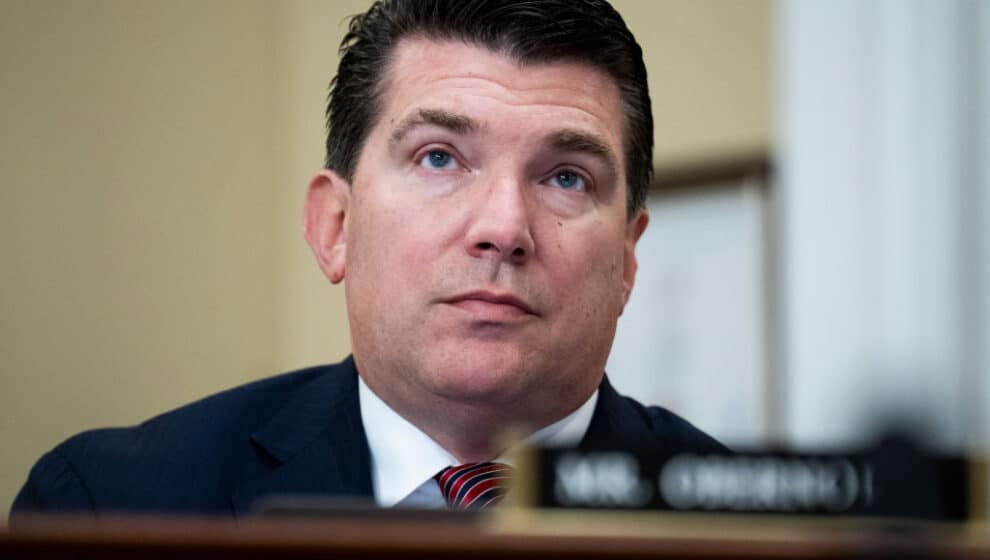Artificial intelligence (AI) is becoming more commonplace, but lawmakers struggle to enact proper regulations as many lack the expertise and knowledge to do so.
Key Details
- AI development is moving more quickly than regulators can act, leaving them to decipher the new technology and play catch up.
- Though lawmakers have recently spoken about AI and its abilities, none have yet introduced legislation regulating its usage.
- Legislation addressing aspects of AI, such as facial recognition, has slowly faded from Congress’ mind as bills sit untouched in committees.
- Recently Representatives Ted Lieu (D-CA) and Jake Auchincloss (D-MA) have spoken out about potential dangers from ChatGPT, but neither has introduced legislation.
- The problem, at least according to Representative Jay Obernolte (R-CA), is legislators do not understand what they are looking at.
Why it’s news
AI has become ubiquitous—being included in search platforms, office software, video creation, and research. Its power has frightened many in its ability to rapidly produce content—written article and video. The fear has opened a broad discussion on how to control it—if at all.
Understanding a topic plays a role in proper regulation. If legislators have minimal knowledge of an issue, there can be over or under-regulation. Lawmakers could even address an area that doesn’t need regulation or upend a sector that was already functioning correctly.
Representative Obernolte is the only member with a master’s degree in artificial intelligence.
“Before regulation, there needs to be agreement on what the dangers are, and that requires a deep understanding of what AI is,” Obernolte tells The New York Times. “You’d be surprised how much time I spend explaining to my colleagues that the chief dangers of AI will not come from evil robots with red lasers coming out of their eyes.”
Congress’ relative inaction on new technology isn’t a new problem, but concerns are building as more worry about AI’s potential to replace human workers almost entirely. Some also worry that over-regulation will slow the U.S. down in a race against China.
While the federal government is slow to implement regulations, other entities are stepping in to fill the void.
The European Union introduced a law in 2021 that regulated potentially harmful AI technology, such as facial recognition and connecting the technology to any vital infrastructure. If passed, the law will require AI developers to conduct risk assessments to determine how their products may affect health, safety, and individual rights.
In the U.S., the Federal Trade Commission (FTC) has taken some action to regulate AI within its powers. Last year it brought enforcement orders against a California company that it said used AI technology in a way that violated the FTC’s consumer protection rules.
Regulating AI’s ability to collect data could also fall under the FTC’s authority. It has already proposed commercial surveillance regulations.

